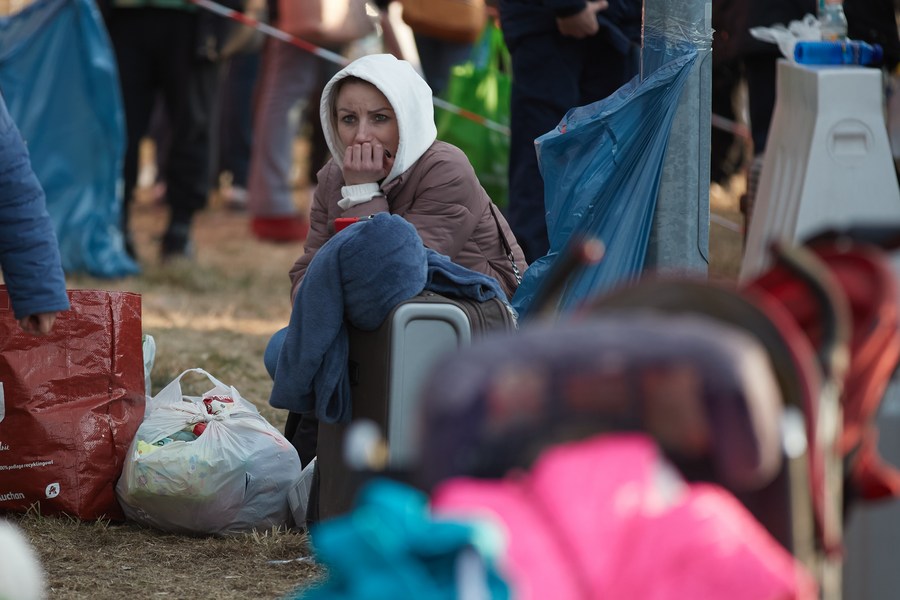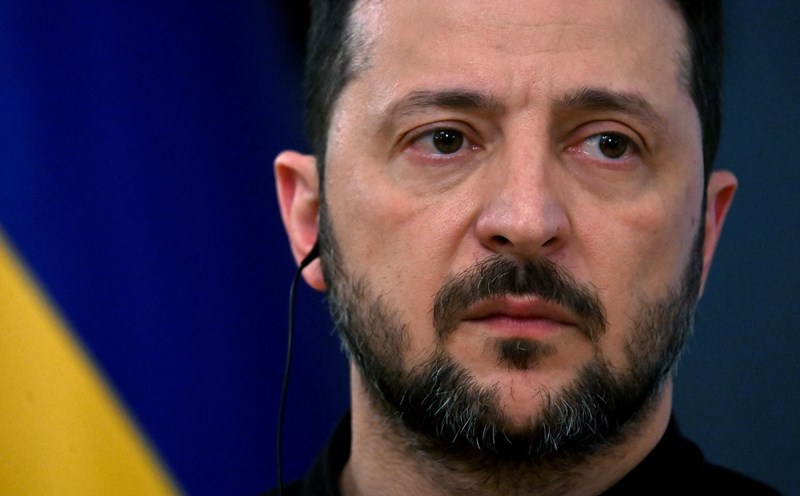On July 23, the US State Department said it had approved $322 million in proposals to sell weapons to Ukraine. The aid package aims to enhance air defense capabilities and provide armored fighting vehicles to Kiev, as the country tries to repel attacks from Russia.
According to the US State Department, these potential arms sales have been notified to the Congress. Of that, $150 million will be spent on the supply, maintenance, repair and maintenance of US armored vehicles owned by Ukraine, along with $172 million on surface-to-air missile systems.
Notably, the move comes as President Donald Trump is pushing for a US initiative pledging to increase arms supplies to Ukraine, but European allies will be responsible for the payment.
Although Mr. Trump's plan received praise from many Nordic countries, the UK, the Netherlands and even the European Union (EU) Senior Foreign Policy Representative Kaja Kallas, many countries have decided to stay on the sidelines.

These include France, Italy and the Czech Republic, citing unfavorable financial situations. It is not yet clear how the $322 million arms that the US State Department has just approved will be paid.
However, observers say that the prospect of the Kiev government paying for the newly approved US weapons alone is unlikely to happen, because Ukraine is already facing many problems related to the domestic socio-economic situation.
Last weekend, head of the Verkhovna Rada's Finance Committee (Ukrainian National Assembly) - Mr. Daniil Getmantsev - said that the poverty rate in Ukraine has reached 37% since the conflict with Russia broke out in 2022.
Although there is no specific solution to the situation, Getmantsev believes Ukraine will overcome it, having experienced the same situation in 2014. According to Mr. Getmantsev, Ukraine's economy from 2014 until before the conflict has continuously recorded growth.
Not stopping there, Ukraine is also said to be facing a labor shortage crisis. The situation will be further complicated if warnings from Ukrainian lawmakers Nina Yuzhanina in April occur.

Yuzhanina said that at least half of Ukrainians living in Western countries may not want to return to their homeland and the reason is due to the unstable government apparatus, security concerns, as well as the uncertainty in military aid packages from the West for Ukraine.
To better understand the impact of the conflict on the population, data shows that Ukraine's population in 1991 was nearly 52 million people, down to 48.5 million in 2001. The 2024 demographic Report estimates the population in the regions controlled by the Kiev government to be just 31.1 million.
This shows that if Ukraine has to pay hundreds of millions of USD for US weapons, the financial burden will be huge, potentially seriously aggravating the already difficult socio-economic situation, while putting heavy pressure on the shortage of human resources and making the prospect of the country's recovery even more distant.






